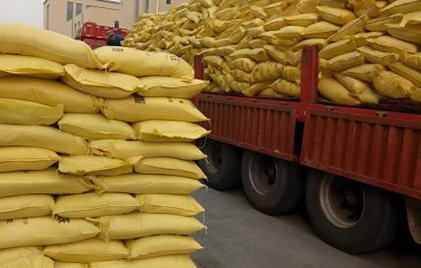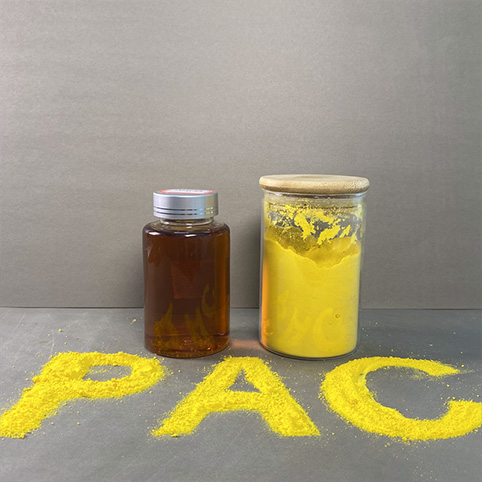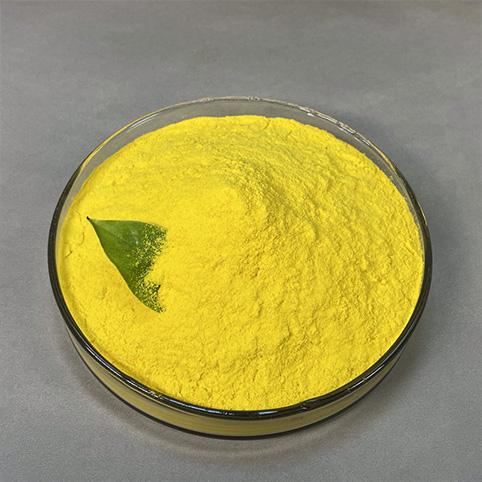Polyaluminum chloride(PAC) is an efficient inorganic polymer coagulant, with adsorption, coagulation, precipitation and other properties. Its color is diverse, including white, light yellow, golden yellow, brown and so on, which mainly depends on the production process and raw materials. The salinity, pH value and alumina content of
Polyaluminum chloride are important indicators of its quality. The salinity is closely related to the flocculation effect, the pH value affects its dissolution and reaction performance in water, and the alumina content directly reflects the active ingredient of the product.



